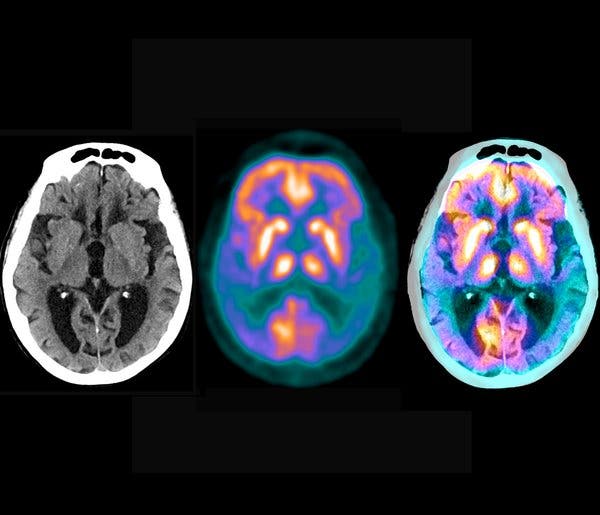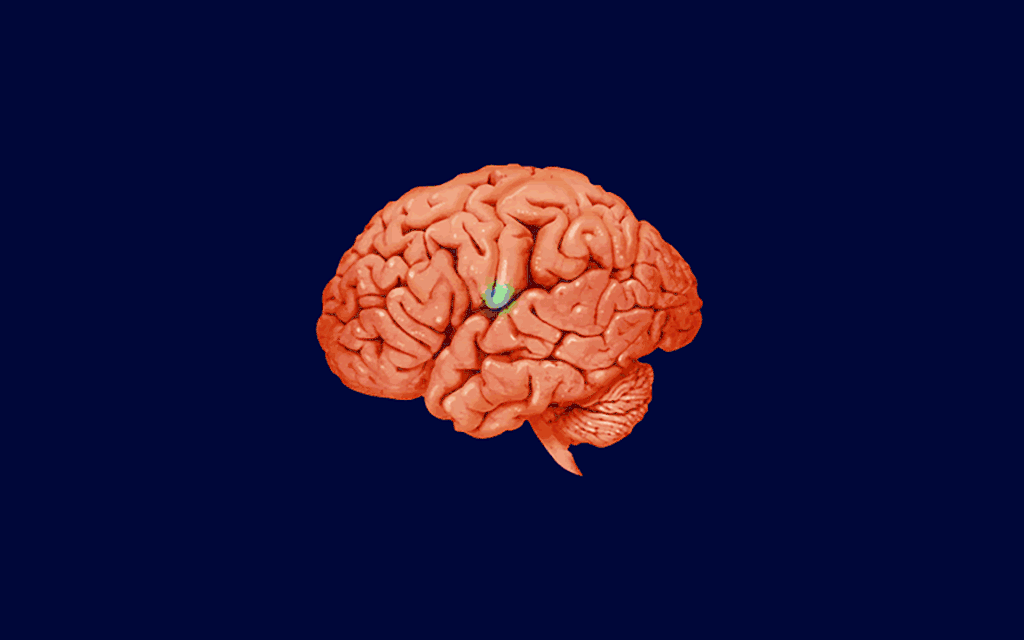An intriguing study published in Cell Metabolism purportedly demonstrates how signals sent from skeletal muscles may affect the brain.
The findings, released by researchers at St. Jude Children’s Research Hospital, show how the stress signals may also protect the brain and retina from aging. Thus, reducing the risk of neurodegeneration.
The study was conducted on fruit flies and using brain cell models known as organoids.
As the findings detailed, the stress signals they studied are capable of protecting the brain and retina from aging by inhibiting the accumulation of protein aggregates that may lead to neurodegenerative diseases.
“We found that a stress response induced in muscle could impact not only the muscle but also promote protein quality control in distant tissues like the brain and retina. This stress response was actually protecting those tissues during aging,” said one co-author of the study in a news release.
The study was authored by Mamta Rai, Zane Coleman, and Michelle Curley, among others.


